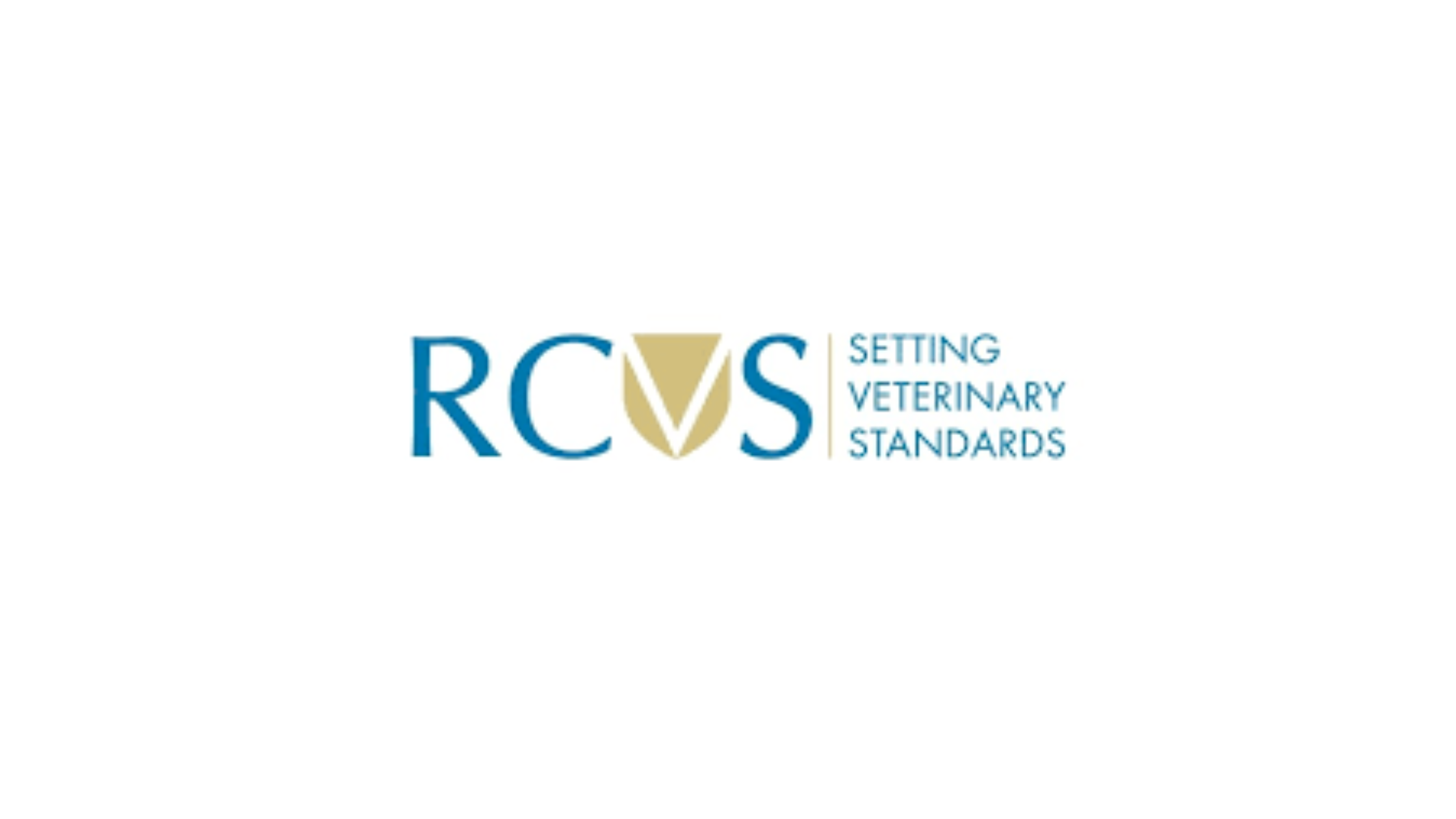
The Royal College of Veterinary Surgeons’ (RCVS) Mind Matters Initiative (MMI) has awarded a £15,000 Impact Grant to a research project seeking to develop a greater understanding of alcohol use behaviours and barriers to help seeking in the UK veterinary professions.
The study will be led by a team of researchers from Oxford Brookes University. Dr Jennifer Seddon, Senior Lecturer in Psychology, will lead the study, in collaboration with Olivia Cormier MRCVS and Dr Emma Davies. The study will build upon the team’s previous research, which aimed to explore the experiences of those with problem drinking within the UK veterinary profession.
Dr Seddon said: “Evidence from research conducted in 2009 shows that veterinary professionals may be more likely to drink at risky levels compared to people in the general population. This study will allow us to explore the drinking practices of people who work within the profession and to better understand the factors associated with risky drinking. Most importantly, the study will help us to understand how best to support people in veterinary practice who would like to reduce their alcohol consumption.”
The funding comes from the new MMI mental health research grant programme which launched in August 2024. The programme aims to drive change that will positively impact mental health in the veterinary sector and offers two research grants a year; a £5000 Discovery Grant, aimed at early career researchers, and a £15,000 Impact Grant. No Discovery Grant was awarded in the first round of applications, meaning funding for two Discovery Grants will now be available in the next round of applications in 2025.
RCVS Director for the Advancement of the Professions, Angharad Belcher, said: “We are pleased to be able to support Dr Seddon and her team in this very important research project. Our funding will help them to build on previous research into alcohol-related stigma within the UK veterinary professions and presents a positive opportunity for us to further explore alcohol use and mental health within the UK veterinary professions – a contemporary topic aligning with our current MMI strategy, looking at barriers to accessing help and the promotion of help seeking behaviours.
“We aim to be a compassionate regulator, and we know that there are some misconceptions around our role as a regulator. We are keen to reassure members of the professions that seeking help for poor mental health and/or addiction problems is not in itself a cause for disciplinary action. In fact, the seeking of such treatment is positively encouraged in the section of the RCVS Code of Professional Conduct which says that veterinary professionals ‘must take reasonable steps to address adverse physical or mental health or performance that could impair fitness to practise’.
“If poor mental health and/or addiction problems are a factor in allegations of serious professional misconduct, then we have a Health Protocol that may act as an alternative to disciplinary proceedings and seeks to help the individual and their situation in a proportionate and supportive way.
“There is currently very little research into alcohol use disorders and barriers to help seeking within the veterinary professions and more contemporary research is desperately needed. Further research into this topic not only aligns with our work at MMI in terms of providing a strong evidence base for improved support but will also allow us to continue to break down the stigma that exists around issues with alcohol, mental health and substance misuse within the professions.”
For more information about the Mind Matters mental health research grant programme, please visit the Mind Matters website. Applications for the second round of grants, including one £15,000 Impact Grant and two £5000 Discovery Grants will open in spring 2025.
If you are currently experiencing mental health challenges, there are many sources of support which you can reach out to. Vetlife is there for you 24/7 and can be reached on: 0303 040 2551. Samaritans also provide 24/7 support and can be reached on 116 123 or by emailing jo@samaritans.org. You can also contact your local GP or call NHS 111. If you are in crisis, ring 999 or visit your local A&E department. Alcoholics Anonymous and Change Grow Live charities also provide substance misuse disorder specific support.
More information on the RCVS Health Protocol can be found on the RCVS website.
Leave a Reply